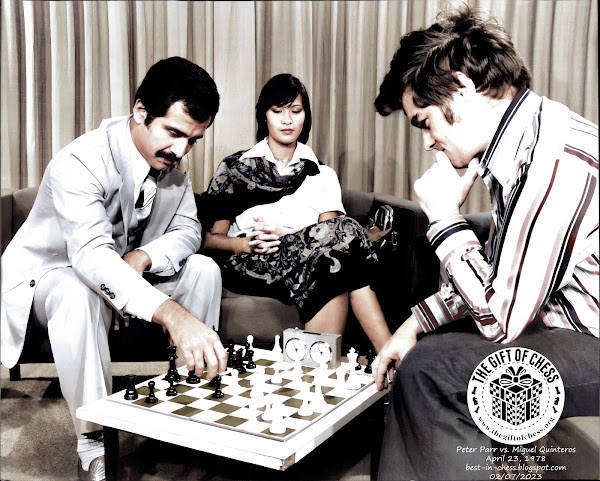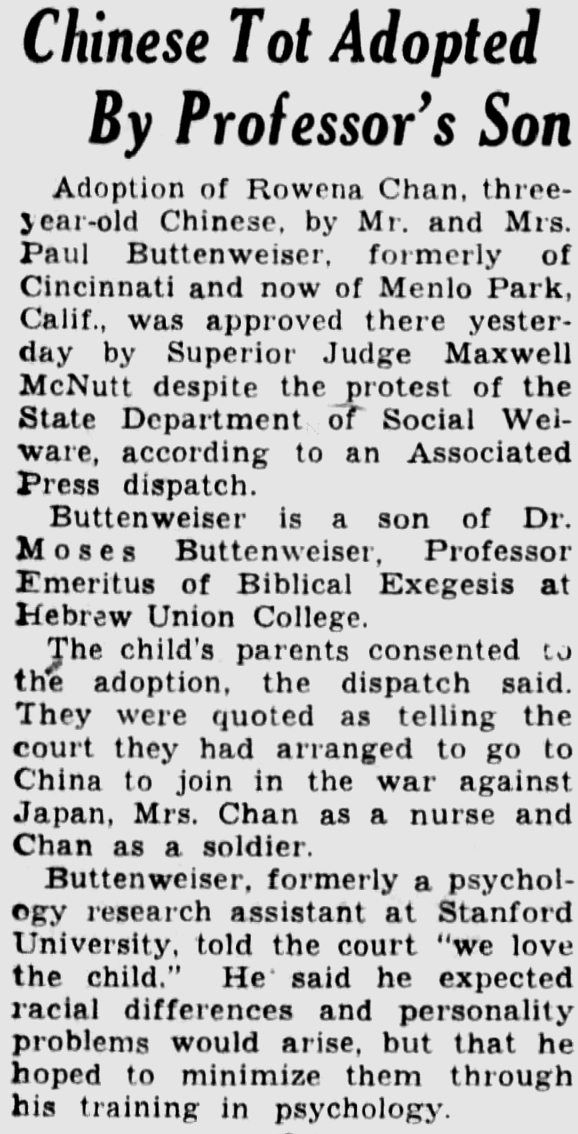Back to Home Index
August 22 1911
Star Tribune, Minneapolis, Minnesota, Tuesday, August 22, 1911
The Western Chess association, after trying Chicago and St. Louis, returned yesterday to Excelsior, Lake Minnetonka, for its twelfth tournament. Several of the old guard were missing, notably Dr. Bigelow of St. Paul, A. Rosen of Minneapolis and Louis Uedemann of Chicago, the latter for the first time since the earliest days of the association. George Wolbrecht of St. Louis, champion of 1910, was restrained by his engineering duties, and Oscar Chajes, champion of 1910, is by invitation representing the United States in the great Carlsbad masters' tournament. But Casia's lure is ever drawing new votaries to her shrine, as the following fairly representative list of entries shows: E. P. Elliott, champion 1909; Dave Barkuloo and W. Bland, Minneapolis; E. F. Schrader, St. Louis; W. H. Widmeyer, Denver, Col.; H. Kline, Kansas City; A. Blieden, Sigourney, Iowa; John F. Seymour, Lincoln, Neb.; J. L. Clark, Winnipeg, Man.; Charles Blake, Chicago; Einar Michelson, Harry F. Lee, Cincinnati.
Besides these who started in the first round, J. S. Morrison, Toronto; B. F. Paul, Blairstown, Iowa; C. C. Kanaga, Denver, and Dr. E. Schrader, Greenwich, Ind., withdrew their names, so that a most representative tourney was short of its promised scope.
The only games of note were those between Widmeyer and Lee and Goldsmith and Elliott. Widmeyer is a natural born chess player, who, without practice, comes to this tournament to lock horns with the best, year after year. His game with Lee, a very strong player, showed this. Goldsmith and Elliot are zealous rivals of equal force, and both played sound chess.
August 25 1911
Star Tribune, Minneapolis, Minnesota, Friday, August 25, 1911
Chess
The Western Chess association's tournament at Excelsior has arrived at a point where prediction is possible. It looks like Michelson or Blake, but both have hard games to play. Michelson, the hardest and it may depend on the last battle between the two. Schrader seems off and is entirely out of it.
The seventh round of the Widmeyer and Elliott game adjourned in favor of Widmeyer. Clark beat Barkuloo, Lee beat Seymour, Michelson beat Blieden, Bland beat Couper and Blake beat Schrader in an end game which should have been a draw.
In the eighth round, Michelson beat Widmeyer, Kline beat Seymour and Lee beat Barkuloo after a hard struggle in which the boy showed chess and steadiness against so able a veteran. Couper had a chance to beat Blieden, but ultimately lost. Schrader beat Clark, Blake should at least have drawn with Elliot, but his end play was not up to his usual standard. The Goldsmith-Bland game adjourned.
Among the expert chess players visiting and keenly following the games was Professor Kinney of Kenyon.
Score in full
Won. Lost. Draw. Total.
Blake 7 1 0 7
Michelson 7 1 0 7
Elliott 5 2 1 3½
Schrader 4 2 2 5
Blieden 4 3 1 4½
A. Goldsmith 3 1 2 4
Clark 4 3 1 4½
Lee 4 4 0 4
A. Kline 3 3 1 3½
Barkuloo 3 5 0 3
Widmeyer 3 5 0 3
A. Bland 2 5 0 2
Couper 7 7 0 1
Seymour 0 8 0 0
Schedule for today; Morning: Bland vs. Seymour, Blieden vs. Goldsmith, Widmeyer vs. Couper, Blake vs. Michelson, Clark vs. Elliot, Barkuloo vs. Schrader, Kline vs. Lee. Afternoon: Elliot vs. Barkuloo, Michelson vs. Clark, Couper vs. Blake, Goldsmith vs. Widmeyer, Seymour vs. Blieden, Kline vs. Bland, Lee vs. Schrader.
September 10 1911
Pittsburgh Post-Gazette, Pittsburgh, Pennsyvlania, Sunday, September 10, 1911
Western Chess Association Players at Excelsior, Minnesota
From left to right—William Widmeyer, champion North Dakota; John Levi Clark of Lincoln, Neb., late champion Boston Chess Club; Murray Goldsmith, champion of Ohio; C. S. Conper of Rochester, Minn.; Wilfred Bland, secretary Minneapolis Chess Club; Harry Kline of Denver, Col.; Eina Michelson, ex-champion, W. C. Assn; Dare Barkuloo of Minneapolis, boy of 14, who plays a remarkable game; Harry Fowler Lee of Chicago, a widely known player, oldest in the group; Charles Blake of Winnipeg, Manitoba, winner of the tournament; Edward Schrader of St. Louis; Abe Blieden of Kansas City, and E. P. Elliot of Minneapolis, Minnesota, secretary treasurer of the Western Chess Association.
October 20 1911
Stockport Advertiser, Stockport, Greater Manchester, England, Friday, October 20, 1911
A SCHOOLBOY CHESS-PLAYER
One of the competitors in the tournament for the Western Championship, U.S.A., was a boy of fourteen named Dare Barkuloo who is said to have learnt the Chess moves three years ago but only to have been playing for about a year. He has studied the Chess books in the Minneapolis Public Library but relies chiefly on his own resources. He is said to have wonderful nerve for a boy of his age and to play rapidly and without fear. One of his games is given below. To the American press Barkuloo seems something of a prodigy but it may be doubted whether English readers will find in this specimen any signs of precocity. It is perhaps only the sort of game which might be expected from an ordinarily clever youth whose parents are moderately adept at Chess:
Harry Fowler Lee vs Dare D Barkuloo
12th Western Championship (1911), Excelsior, MN USA, Aug-??
Spanish Game: Berlin Defense (C65) 1-0
October 20 1911
The Minneapolis Journal, Minneapolis, Minnesota, Sunday, December 17, 1911
Barkuloo Still in Form
The playing of young Dare Barkuloo, the 15-year-old boy, has already been commented upon, and so far he has kept up the excellent form with which he started the tournament. The only player to win both games from him, at the time of writing, is E. P. Elliot, who has held the city championship for thirteen years, and is admittedly the most brilliant player in the northwest. In both games with Elliott Barkuloo made a very strong fight, Elliott winning only by the most careful play, particularly in the second game, which went to nearly ninety moves. Among the players from whom Barkuloo has taken both games are Dr. F. A. Huxmann, a former holder of the state championship, H. L. Baldwin. W. Bland, the club's secretary, F. L. Baldwin and F. N. Jaynes. Below is given one of the games with Bland, which is very typical of the style of play of both contestants:
Dare David Barkuloo (white) vs. Wilfred Bland (black)

Unresolved Chess Game: Can you solve it?
Descriptive
1. P-K4 P-K4
2. N-KB3 N-QB3
3. B-N5 P-Q3
4. P-Q4 PxP
5. NxP B-Q2
6. NxN PxN
7. B-B4 B-K3
8. BxB PxB
9. Q-R5ch P-N3
10. Q-N4 Q-Q2
11. N-Q2 N-B3
12. Q-K2 P-Q4
13. N-N3 B-N2
14. B-Q2 O-O
15. O-O-O KR-N
16. B-B3 P-QR4
17. BxKP Q-K5
18. BxN QxB
19. P-QB3 P-R5
20. N-Q4 P-B4
21. N-B3 P-R6
22. P-B4ch K-R
23. P-N3 R-N5
24. Q-Q3 QxPch
25. QxQ BxQ
26. K-B2 B-N2
27. N-Q2 B-Q5
28. P-B3 P-B3
29. KR-K K-N2
30. P-B4 K-B2
31. N-B3 R-K
32. NxB PxN
33. K-Q3 K-B3
34. QR-B P-B4
35. P-K5 K-B4
36. PxP RxR
37. RxR R-N4
38. R-K5ch K-B3
39. RxP RxP
40. R-B4 K-B4
41. RxP 1-0
|
Algebraic
1. e4 e5
2. Nf3 Nc6
3. Bb5 d6
4. d4 exd4
5. Nxd4 Bd7
6. Nxc6 bxc6
7. Bc4 Be6
8. Bxe6 fxe6
9. Qh5+ g6
10. Qg4 Qd7
11. Nd2 Nf6
12. Qe2 d5
13. Nb3 Bg7
14. Bd2 0-0
15. 0-0-0 Rb8
16. Bc3 a5 |






































































